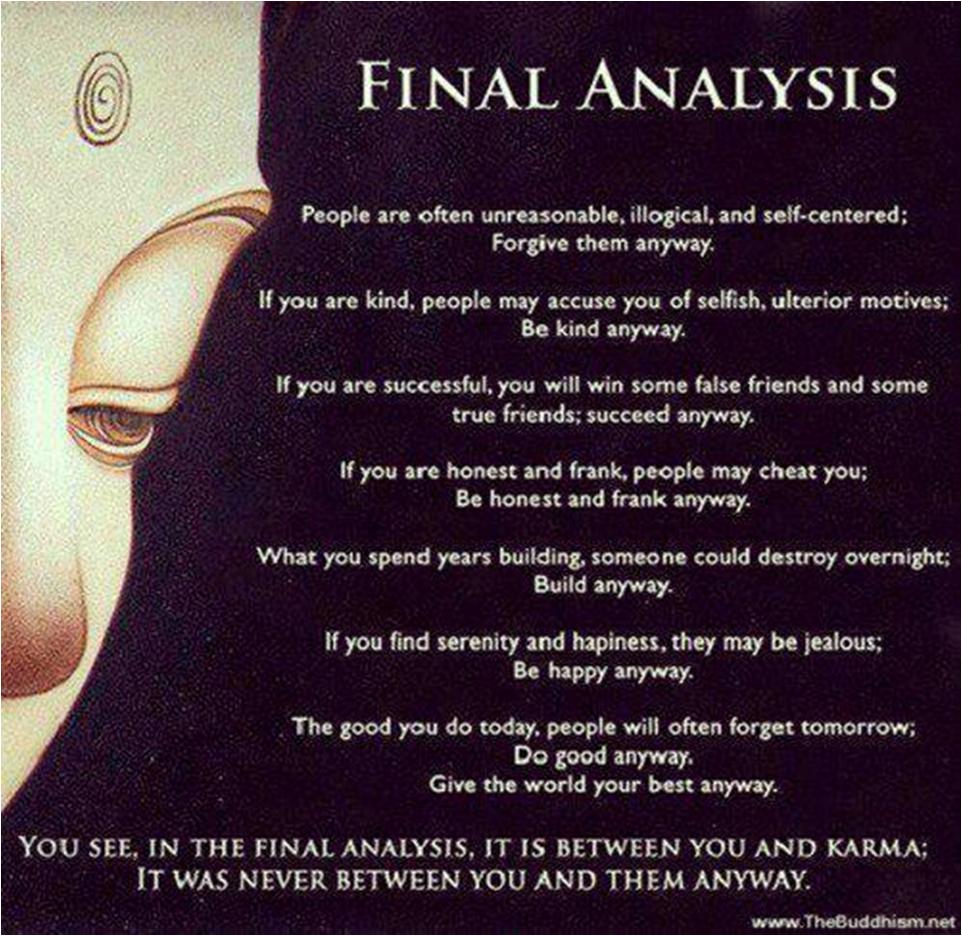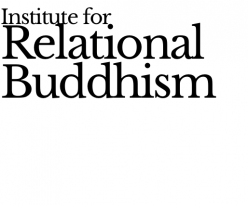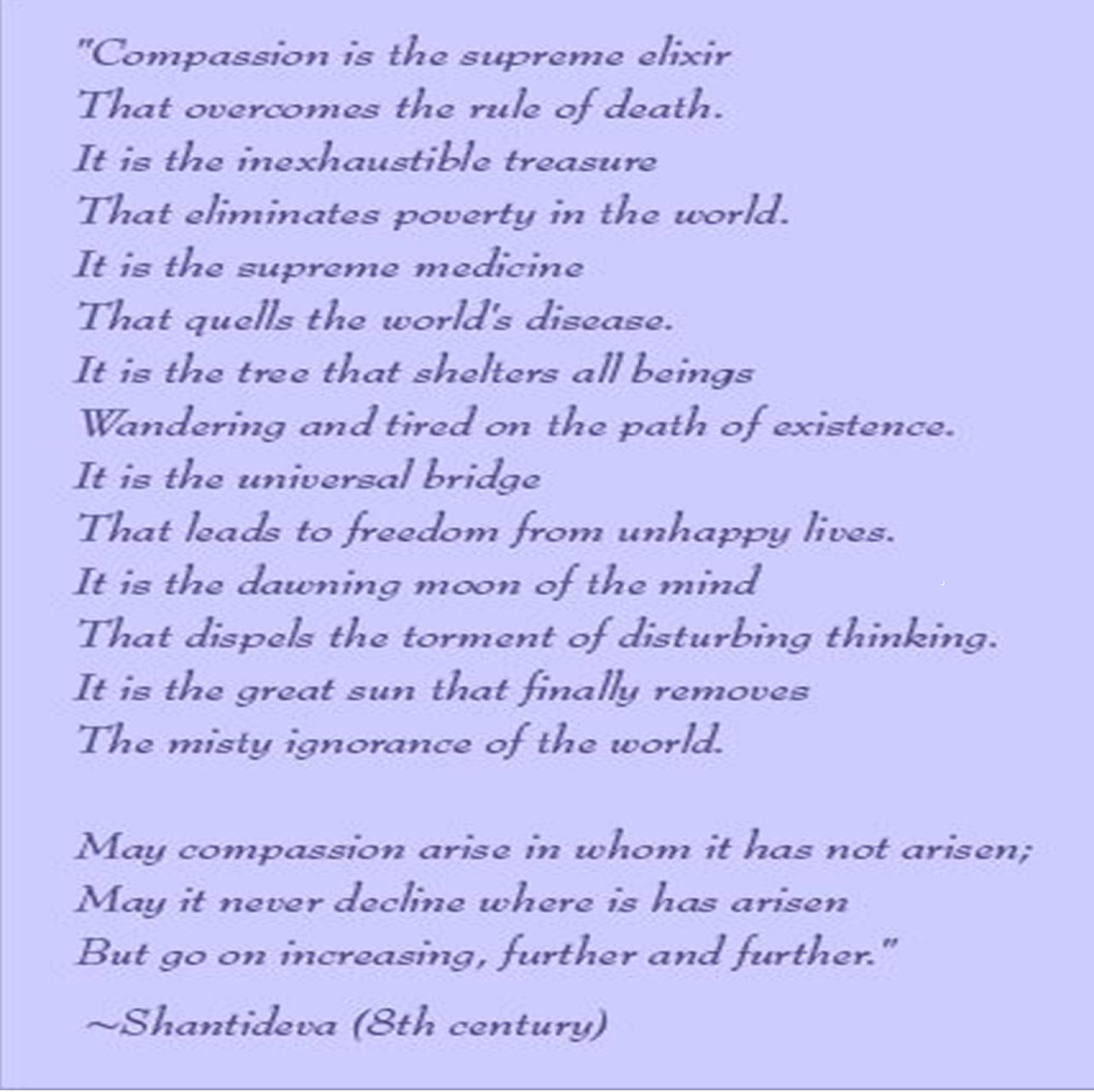Participants are invited to discover Buddhist Therapy/Counseling/Coaching in the framework of Relational Buddhism which is coined Karma Transformation. This “heartfulness” approach is a collaborative practice which aims at changing conduct, mind, and speech/self-speech: conversational tone and message (talk and self-talk) debouching in unwholesome mood and disturbing scenarios of interpersonal emotional expression. The emphasis is on altering these unwholesome tendencies toward wholesome intentional action, i.e. karmic self-dialogue/self-speech, which is viewed as interdependently related to thoughts, feelings, motives, behaviours, and inter-mind.
This will be done in the tradition of the Buddha Gautama who called himself a “kammavadin”, an expert on intentional action aka karma. This interactional intensive course, master class, seminar, workshop, lecture/presentation will cover and explain a number of pan-Buddhist core themes and concepts and translate them into their analogous psychological (cognitive-behavioural-affective) terms conform Dependent Origination. Such is aimed at an adequate understanding of the skilful art of zeroing in to and transforming clients’ disturbing issues. It will also highlight Buddhist Psychology’s nitty-gritty and joyful meditation exercises boosting nondual experiencing which empties the mind, resulting in heartul smiling.
In effect, Karma Transformation starts with an unwanted dysfunctional emotional state (fear, anger, grief, or sadness) and works at changing unwholesome perception, cognition, and behavior with regard to an external or internal activating event by choosing for wholesome perception, cognition, and behavior to alter affect. Thus, the karma of (melo)drama, distress, and agony is transformed into the karma of contentment. This will be illustrated by case demonstrations detailing the construction of wholesome karma as constructive-relativistic-realistic-rational cognitions and functional behaviors. Insiders have observed that karmic sequences run parallel to the centrepiece used in Cognitive-Behavior Therapy (CBT), a school of psychotherapy, which implies that the two methodologies of change overlap significantly. Indeed, one of the founding fathers of CBT, the legendary Albert Ellis (Kwee & Ellis, 1998), noted that these disciplines bear more commonalities than differences, particularly by abolishing most of the human ego and by a double whammy of congruence with the “Four Ennobling Realities” and the “Karmic Emotional Sequence/Episode.”
Psychotherapy, also if Buddhist, operates in the realm of the “provisional self”; hence therapy logistically precedes meditation towards “ultimate no-self”. At bottom: only when calmed down, free from emotional quagmires and horror vacuum, is one ready to shift toward flourishing and becoming a lotus flower, i.e. to be happy amid adversity as an Arahant (who has eradicated his inner enemies). In the framework of a joint exploration, which is action-oriented by demonstrating Karma Transformation, volunteers’ inputs will be dealt with on the podium in front of the audience. There will be plenty of room for mutual exchange during these days: Q&A, deliberation, and discussion. Basic idea of this gathering is to share, embody, and infuse life and vividness in what is written in the book Psychotherapy by Karma Transformation: Relational Buddhism and Rational Practice, downloadable @ http://www.taosinstitute.net/psychotherapy-kwee



